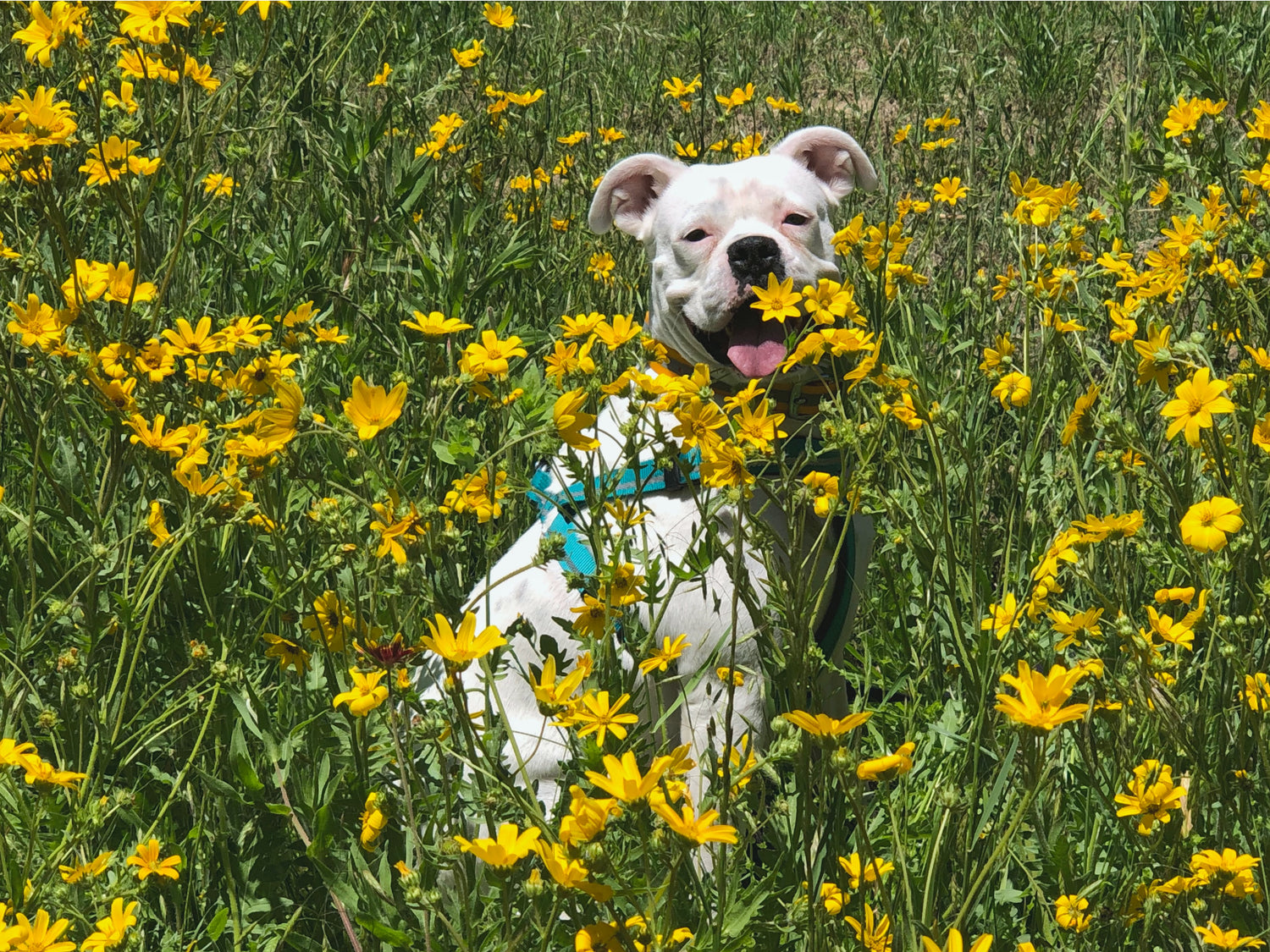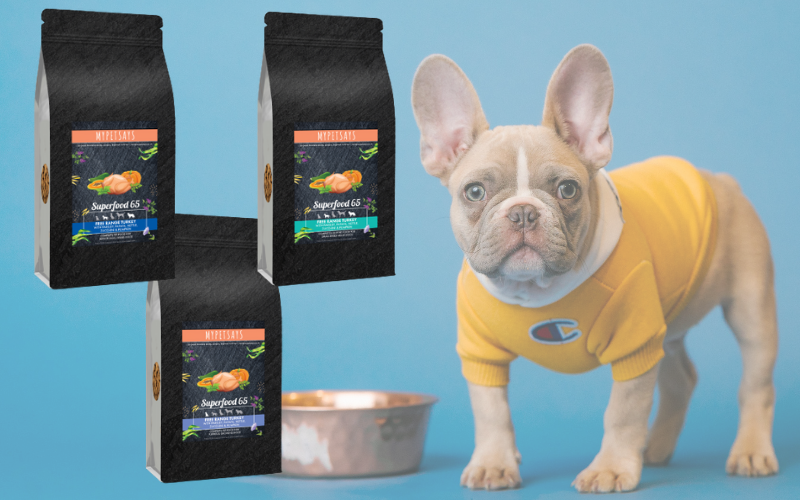Dogs don't have the ability to instinctively avoid dangerous flowers and trees. It is therefore important to identify what can be poisonous and keep your pooch away from it all.
In this blog we're listing some of the most commonly found flowers and trees that are toxic to dogs, but this isn't the full list and we always recommend checking with your vet to ensure your garden and local parks are dog safe!
Which flowers are poisonous to dogs?
Autumn Crocus: They contain colchicine, which causes gastrointestinal bleeding with severe vomiting as well as kidney and liver damage. The symptoms don't always appear on the day so if you see your dog ingest any amount of this plant, call your vet immediately.
Chrysanthemum: They contain lactones and pyrethrin, responsible for intestinal irritation causing vomiting, diarrhoea and excessive drooling.
Daffodil: The whole plant is toxic but the bulb can cause the most harm, from severe vomiting to respiratory and cardiac issues.
Geranium: All varieties of this common flower are poisonous. The main symptoms are lethargy, low blood pressure, skin rash and loss of appetite.
Iris: Ingesting any part of this flower can result in drooling, diarrhoea, vomiting and lethargy.
Lily: Some varieties such as daylilies are very toxic to cats, but cause only minor gastrointestinal issues in dogs. Others, like the calla lily, can burn a dog’s mouth and stomach.
Tulip and Hyacinth: Whilst the bulb is the most toxic part, the whole flower is harmful with the most common symptoms being excessive drooling and vomiting.
Peony: They contain a toxin called paeonol in their bark which may cause vomiting and diarrhoea.
Which trees are poisonous to dogs?
Black Walnut tree: The tree isn’t dangerous but the nuts that fall start to produce mold quickly. Ingesting them can cause digestive issues and seizures.
Fruit trees: The fruits such as plum, apricot, peach and the seeds of cherries are choking hazards but also contain toxins that can make your dog sick.
Other nut trees: Nuts aren't generally safe for dogs and it's best to keep your pooch away from any sort of nut tree.
What to do if your dog ingested a toxic plant?
Contact your vet immediately or an emergency pet clinic if it's out of hours. You can also call the Animal Poison Line.
It will be really helpful if you can identify the plant ingested and either take a photo or a sample.
The professional you speak to will want to know the symptoms and your dog's current weight to assess the situation.
Don't induce vomiting unless you have been instructed to do so.
The above list of flowers and trees isn't the exhaustive list of toxic plants to dogs, so we highly encourage you to look around your garden and ask your vet about any plants you're not sure of.




Leave a comment
This site is protected by hCaptcha and the hCaptcha Privacy Policy and Terms of Service apply.